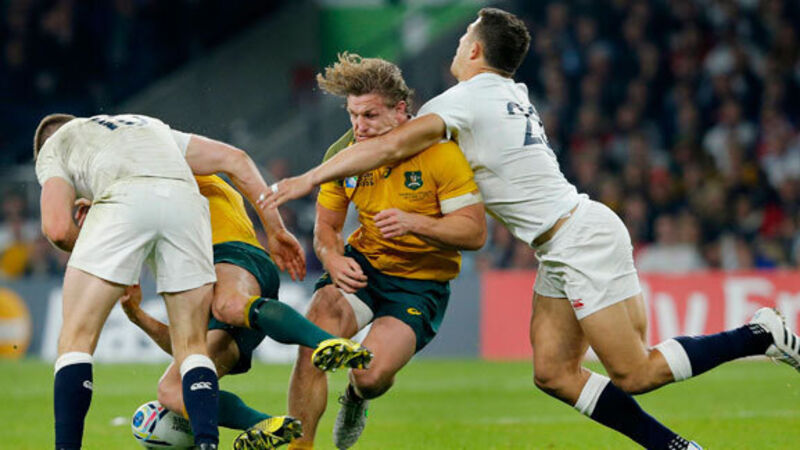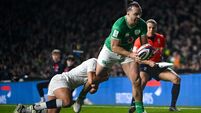Eddie Jones: Tackle laws will make players drive safely

When it comes to analogies and rugby, there are few with quite as much wit as Eddie Jones.
He has been in charge of England for over a year now and in that time he has mused about cricket’s famous “Bodyline” Ashes series, slow roasting beef and, most recently, Donald Trump.












